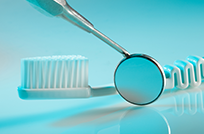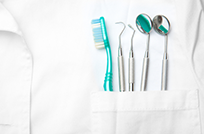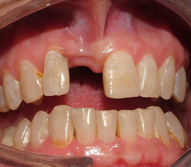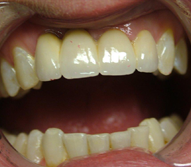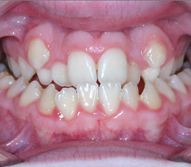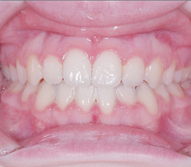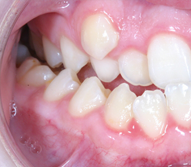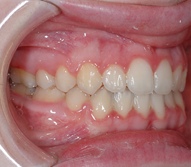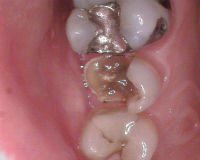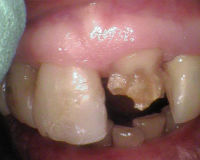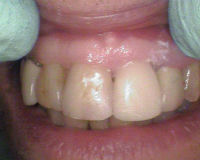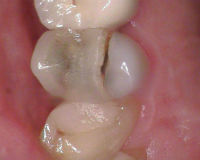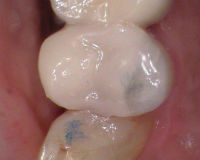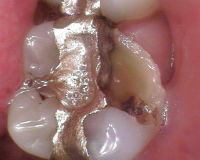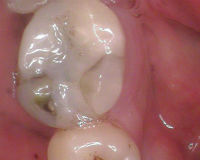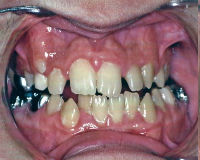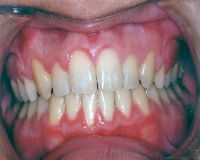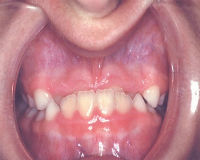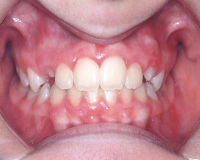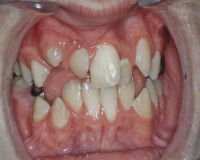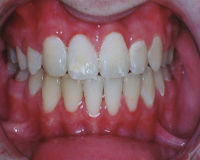What causes plaque and how do I remove it?
This is a common question we get at 404 Dental. Just because you can't see it, doesn't mean it isn't there! Plaque is a sticky, colorless deposit of bacteria that is constantly forming on your teeth. The bacterial plaque tends to collect and adhere to the teeth right at the gum line and spreads from there.
If plaque is not removed daily by brushing and flossing between teeth, it can eventually harden into tartar.
So how can you avoid plaque?
No one can avoid it completely avoid plaque, but here is a quick summary of how you can help maintain your teeth. If you are worried about plaque build up then book an appointment today with the professional and friendly staff at 404 Dental!
Bad habits that cause plaque on your teeth
- Snacking between meals, especially on sugary and starchy foods, will wreak havoc on your teeth if you don't brush afterwards. Try instead snacking on fresh fruit and vegetables which are nature's toothbrushes.
- Avoiding the dentist even if you brush and floss your teeth daily. Guaranteed you’ll miss some plaque and since over time, that plaque hardens into tartar it can only be removed by your dentist or hygienist.
- Not flossing daily means that you'll never reach the spaces between the teeth, but plaque does. A simple daily flossing between your teeth clears plaque before it can cause damage. If you find flossing difficult there are other options available, just ask your dentist what he/she recommends for you.
- Maybe no one will notice if you don’t brush your teeth twice a day, every day, but your teeth will. Besides, nothing beats that fresh feeling after brushing which reminds you that you are taking care of yourself.
- Indulging your sweet-tooth is definitely the best way to cause permanent damage to your teeth. Try limiting your sugary snacks.
- Using mouthwash as a substitute for brushing and flossing is dangerous. Mouthwash may help to keep your breath fresh and to remove food debris but it should be used in conjunction with brushing and flossing.
Aren't genetics to blame for bad teeth?
Some people are more susceptible to plaque build-up due to genetic factors. But by heeding to some key advice about how to take good care of your teeth and gums, you have the ability to control a great deal in terms of the overall health of your mouth. A dry mouth, often caused by medications or mouth breathing, can lead to more plaque build-up as well.
The 'sweet' and simple 5 step plaque prevention plan summary:
-
Brush twice per day (once is considered minimal).
-
Floss once per day (either with floss, a dental pick or a water or air flosser).
-
Avoid sticky, sugary carbohydrate-ridden foods.
-
Use antibacterial mouthrinse (different from mouthwash).
-
Visit your dentist regularly (twice per year minimum).
Plaque buildup is the primary factor in periodontal (gum) disease, including gingivitis. It’s not possible to keep your teeth plaque-free 24 hours a day, but good habits over a lifetime will help you fight plaque and help keep you smiling.
If you have any questions or comments, please contact us by clicking the button below!


